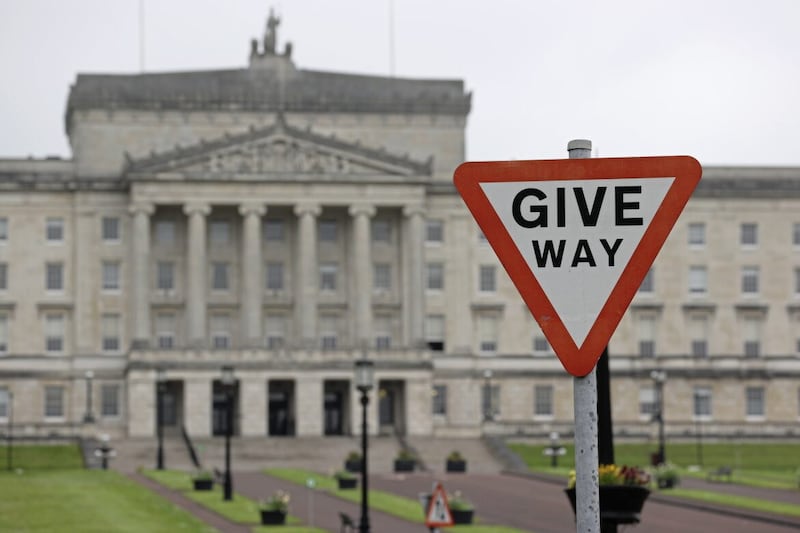LAST year saw the biggest shake-up to Northern Ireland’s outdated liquor licensing laws in a generation. After years of campaigning from local pubs, hotels and business groups, the Licensing and Registration of Clubs (Amendment) Bill was approved by the Assembly and ushered in modern opening hours and the removal of restrictions on trade over the Easter period.
This was a well-deserved and hard-fought win for the hospitality industry, and this year’s Easter period will present the first opportunity to avail of the new laws, coupled with the added bonus of the removal of Covid restrictions which have so badly hurt the industry over the past two years.
But while the industry is now rightly focused on recovery, it’s also important that pubs and other licensed premises begin to turn one eye to September’s liquor licensing renewal deadline.
Early preparation and getting your ducks in order as soon as possible is the key to keeping yourself right ahead of September. And while this may seem a long while away yet, protecting the validity of your licence should obviously be your key concern during this process. The rules governing liquor licensing in Northern Ireland are complex, however, and can often trip up licence holders when they’re looking to renew.
The Licensing (Northern Ireland) Order 1996 regulates the sale and consumption of alcohol, including governing who can hold a licence and which premises.
However, the Covid pandemic has changed the way premises like bars, hotels and other hospitality venues operate. For example, many hoteliers or bar owners created outdoor drinking areas and made other alterations to accommodate social distancing, ensure proper ventilation and clean air, and ensure they stayed within the Covid regulations of the day.
Unfortunately, these licence holders could fall foul of the Licensing (Northern Ireland) Order 1996 through no fault of their own by being unaware that prior approval of the court may be necessary before an alteration can be carried out, depending on the nature of the alteration. This means that any unauthorised alterations could potentially invalidate the licence when it comes up for renewal.
This is further complicated by the fact that there operates in Northern Ireland a sort of ‘one in, one out’ system for licences for pubs, off licences, hotels, and other valid premises. This is because there is a finite number of licences available for all of Northern Ireland, a point which was raised repeatedly in the Assembly debates of the new legislation last year as being a barrier to the establishment of new pubs.
This could leave licence holders in the sticky position of being denied a renewal of their existing licence and then having difficultly getting a new one as another party has been granted one.
There are reasons to be optimistic for the hospitality sector after an incredibly tough two years. The recent decision by the Health Minister to also lift all remaining Covid regulations and transfer them to guidance signals a new chapter, one hopefully defined less so by restrictions and more so by positivity and economic strength.
However, it’s important that liquor licence holders make sure they have their renewal in order ahead of September and lay the foundations for a successful year ahead.
:: Matthew Howse is litigation and dispute management partner at Eversheds Sutherland









